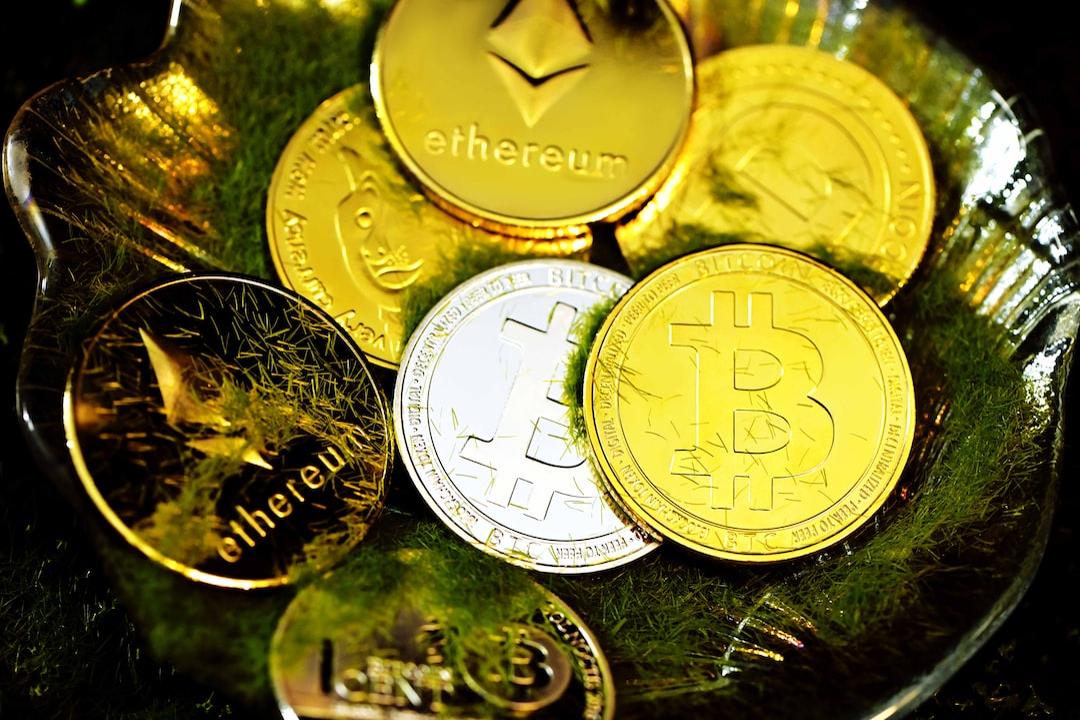Where there are benefits, there are conflicts, and where there are conflicts, there is a community. Behind the seemingly calm proposal approved by the Solana validator community on May 28th, there is a hidden struggle for interests.
The proposal in question is Solana Improvement Proposal (SIMD)-0096, which redirects all transaction priority fees to validators, changing the previous distribution of 50% burn fees and 50% validator rewards. The goal is to improve validator income and network security. Although the proposal received 77% support and passed as expected, validators erupted in a fierce debate on the community forum regarding the tokenomics, governance loopholes, and insider manipulation. PANews will delve into the key topics discussed by the community and the potential implications of the proposal.
Ecological Health or Validator Manipulation?
In fact, according to information on GitHub, the proposal was first put forward as early as December 2023. Initially, when the proposal was first discussed, the main developers discussed it simply through comments on GitHub. From the initial discussions, Tao Zhu, who proposed the scheme, did not mention the reasons for changing this proportion. Several developers participating in the discussion almost unanimously agreed to the proposal, conducted relevant tests, and implemented the change in the new version to allocate 100% of the priority fees to validators.
It was not until March 12th that Max Sherwood, co-founder of H2O Nodes, left a comment on GitHub, saying, “Doesn’t such a major economic change require community discussion? Validators’ economy will be greatly affected. It can be said that holders will see an increase in supply issuance at their expense. This doesn’t seem like a purely technical change. Where did this come from? We need to raise awareness of the changes and perhaps conduct some voting.”
Afterward, some of the developers who participated in the initial discussion stated that this document was a final draft that could be discussed by the community. It wasn’t until May 9th that the proposal was officially put forward and a vote was initiated on the Solana validator forum.
Once the official discussion started on the forum, several validators questioned the motives behind the proposal. One validator, Freedomfighter, said, “This proposal is full of lies and deceit, aiming to benefit the only allowed voters. I don’t care how it claims to be implemented through backdoor methods; the intent is obvious. Greedy people will sacrifice others for their own benefit. No one even provided data on these relevant transactions, which are so important that this proposal was formulated. After reading everyone’s thoughts and opinions, I have concluded that this is 100% false, a form of intimidation to gain more funds for validators.”
Exposing Governance Limitations and Increasing Validator Rewards or Causing SOL Inflation
The most questioned aspect of the proposal is its impact on the SOL token model. Solana’s token adopts a dynamic inflation model. The initial inflation rate was 8%, which decreases by 15% each year. Currently, Solana’s inflation rate is around 5%. With long-term inflation development, the final inflation rate will stabilize at 1.5%. Some community members believe that the previous 50% allocation of priority fees for burning was an effective way to counter inflation, even achieving deflationary effects for the SOL token. Once 100% of the priority fees are allocated to validators, this balance will be disrupted, directly affecting the interests of millions of SOL token holders.
Some argue that the allocation mechanism may lead to the “rich getting richer” phenomenon, where larger nodes, due to receiving more priority fee rewards, further widen the gap between them and smaller nodes, exacerbating the centralization problem within the network.
In addition to the impact on tokenomics, the proposal also exposes the limitations of Solana’s governance process. In October 2023, the Solana community held a vote on governance rights, and the results showed that 71% of people voted for “validators only.” In the discussion of this proposal, some members pointed out that the biggest beneficiaries in this proposal are the validators, and the voting weight is also determined by larger validators. Therefore, this is a vote where “a small group of people decides the fate of millions.” From this perspective, it is unfair to other members of the Solana ecosystem. Furthermore, once this trend starts, many subsequent proposals may also revolve around validator interests.
Potential False Volume Creation
In the previous 50% burn proposal, due to half of the priority fees being burned, there were rarely cases of collusion between validators and traders to create false fees. However, with 100% of the priority fees being paid to validators, it is likely that validators and traders will conspire to create false transactions, leading to prioritized processing of false transactions, which is detrimental to network performance balance.
Additionally, some skeptics believe that this distribution mechanism may contribute to the phenomenon of “the rich getting richer,” where larger nodes, due to receiving more priority fee rewards, further widen the gap between them and smaller nodes, exacerbating the network’s centralization problem.
Ultimately, the proposal passed amidst much controversy. However, it is worth noting that only 51.17% of the participating votes were in favor, just over half. In fact, only 38.25% of the total votes were in favor, while 10.93% voted against. Approximately 49% of the votes did not participate in this vote. At present, it is still unknown how much impact the proposal to allocate 100% of the priority fees to validators will have. However, based on the process of community debate, Solana’s governance process does indeed have many issues.
As a comparison, the Uniswap Foundation is currently conducting a similar fee switch vote, but the governance process of the Uniswap Foundation has gone through a process of several months, including temperature testing (community discussion), preliminary voting, code audits, and on-chain voting. Perhaps the Solana governance community can learn from Uniswap to ensure that the interests of token holders are not controlled by a few.

